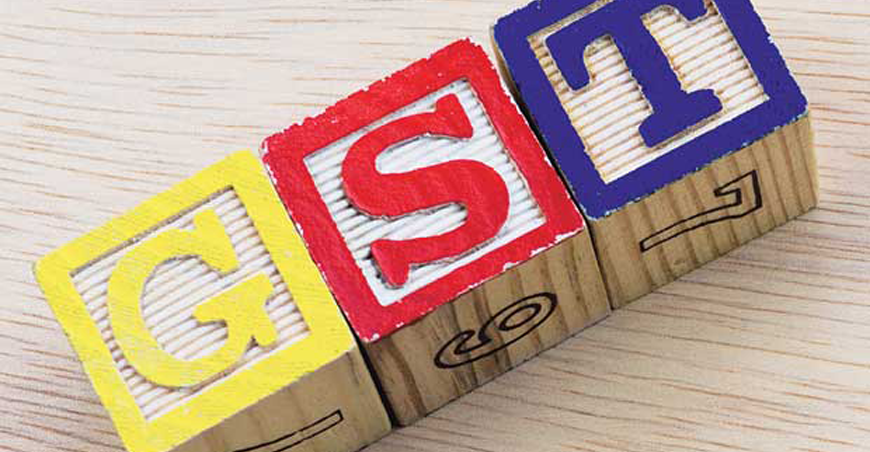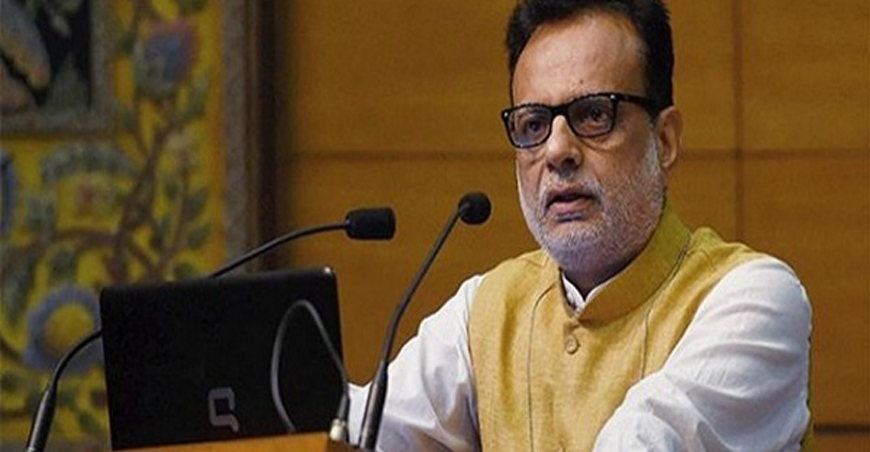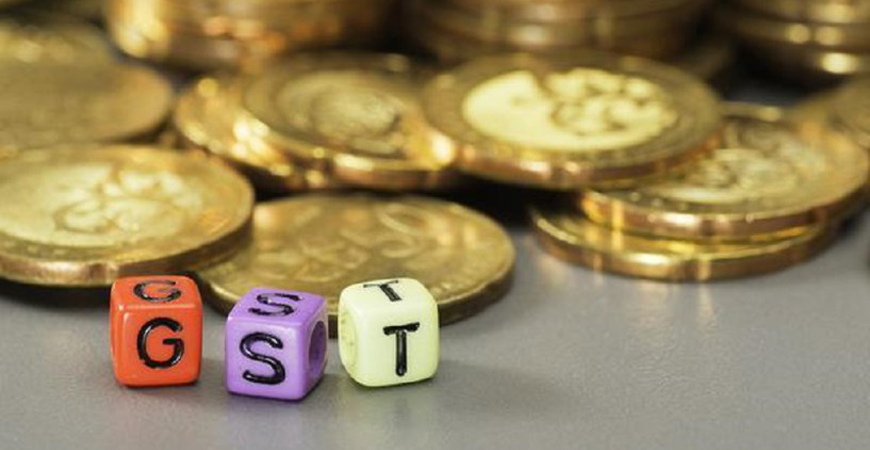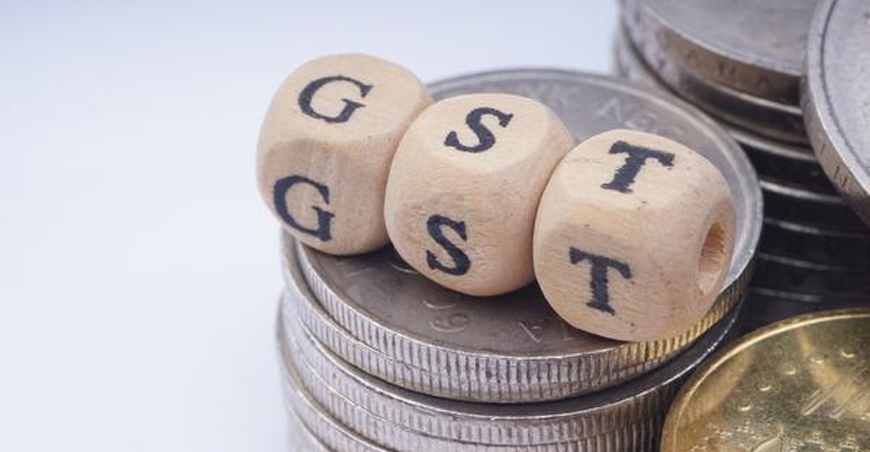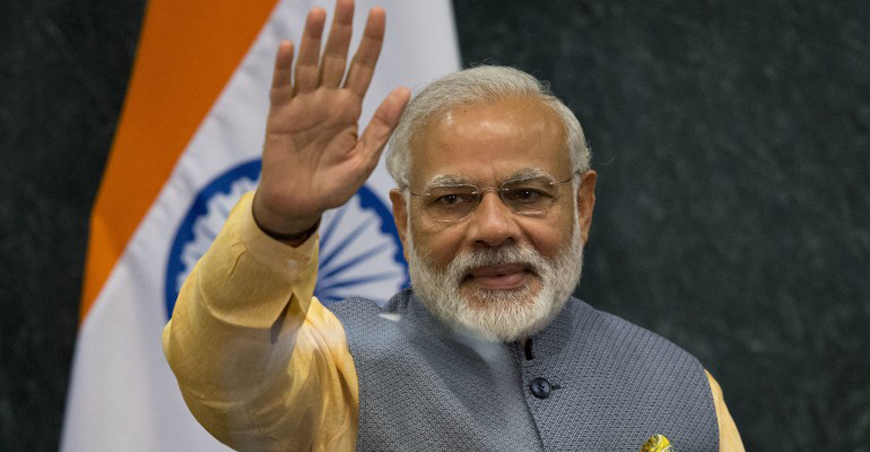MUMBAI: If you are an interior decorator based in Mumbai and are providing services on-site to a client in Bengaluru (where you don’t have a fixed place of business), then irrespective of your turnover, you will have to register under Goods and Services Tax (GST) in the state of Karnataka.
Small businessmen or professionals (such as architects, fashion designers, make-up artists, trainers, musicians, stand-up comedians — et al) providing taxable goods or services may find that they have to register under GST if the term ‘casual taxable person’ applies to them. This registration will be required even if they fall below the threshold limit for GST levy. Currently, the exemption limit for GST is a turnover of Rs 20 lakh (Rs 10 lakh in NE states).
The term ‘casual taxable person’ is specifically defined as ‘One who occasionally undertakes transactions involving supply of goods or services or both in the course or furtherance of business, whether as principal, agent or in any other capacity, in a state or a union territory where he has no fixed place of business’.
Nihal Kothari, executive director, Khaitan & Co, a law firm, illustrates: “A jeweller who has a showroom in Mumbai but participates in an exhibition-cum-sale in another city would fall under this category. However, if he sends the consignment from his Mumbai store, then it would be an inter-state sale and would not require his registration as a casual taxable person.”
Bipin Sapra, indirect tax partner at EY India, says, “The facts of each case will determine whether or not it would be a case of an inter-state supply or one falling in the category of supply by a casual taxable person. If both the place of supply and the location of the service provider is in a state where he doesn’t have a fixed place of business, registration as a casual taxable person may be required — more often than not, B2C transactions may fall in this category.”
Casual taxable persons are required to apply for registration five days prior to the commencement of business (or in other words, before entering into the transaction for supply of goods or services). The registration certificate is valid for 90 days and can be extended up to another 90 days. A TOI reader, who is a small businessman, wrote to us to express his dismay. “At the time of application for registration, an advance deposit of tax-equivalent to the estimated tax liability for the period ..
Non-residents suppliers also require GST registration
On similar lines, even non-residents who occasionally supply goods or services but have no fixed place of business in India, will require GST registration. The modalities relating to registration and payment of estimated tax are the same as for ‘casual taxable person’. “For non-residents who occasionally supply goods or services, it is necessary that the application for registration be signed by an authauthorised signatory in India. Thus, they will need to seek help of an authored agent. On supply goods or services to India, they will have to pay an advance deposit of GST, against which logically they will be able to claim input tax credit with the help of such authorised agent, says Sachin Menon, indirect tax leader at KPMG India.
Menon says this provision is somewhat similar to the CBEC notification issued on December 1 last year, where the place of provision of a service was deemed to be the location of the unregistered service recipient. Consequently, digital supply — such as of music or movies — was subject to service tax, even if the supplier was based overseas. “In the case of equalisation levy (dubbed as Google tax) applicable @6% on gross B2B online advertisement revenues earned by a foreign entity, it is reported that the companies are passing on this tax burden to the customer, by way of higher pricing. A similar scenario could emerge here,” says Bipin Sapra, indirect tax partner at EY India.
http://economictimes.indiatimes.com/news/economy/policy/professionals-may-face-gst-as-casual-taxable-persons/articleshow/58355155.cms

